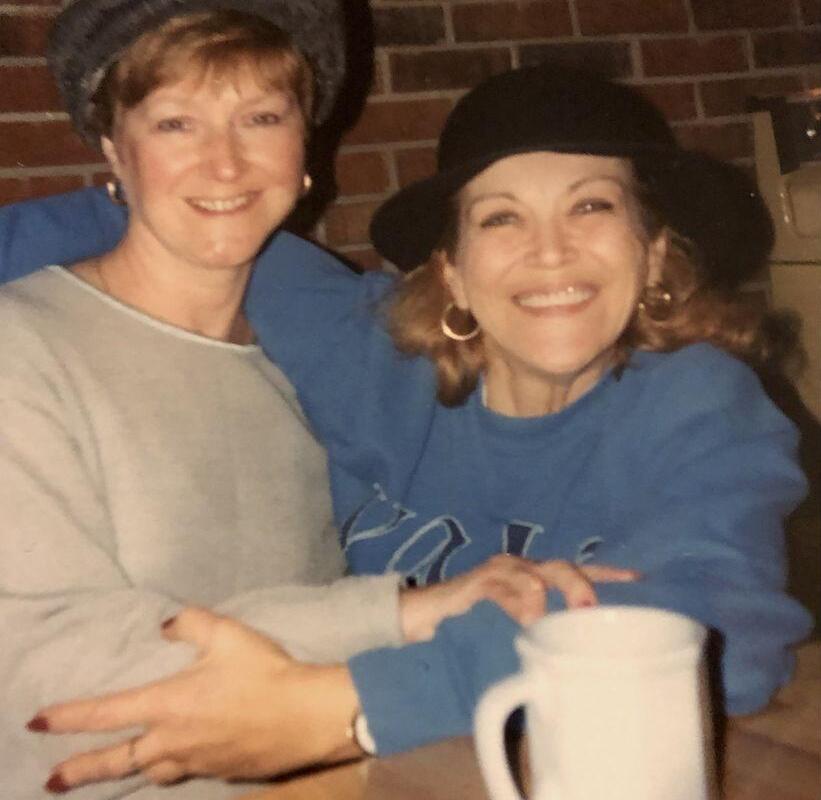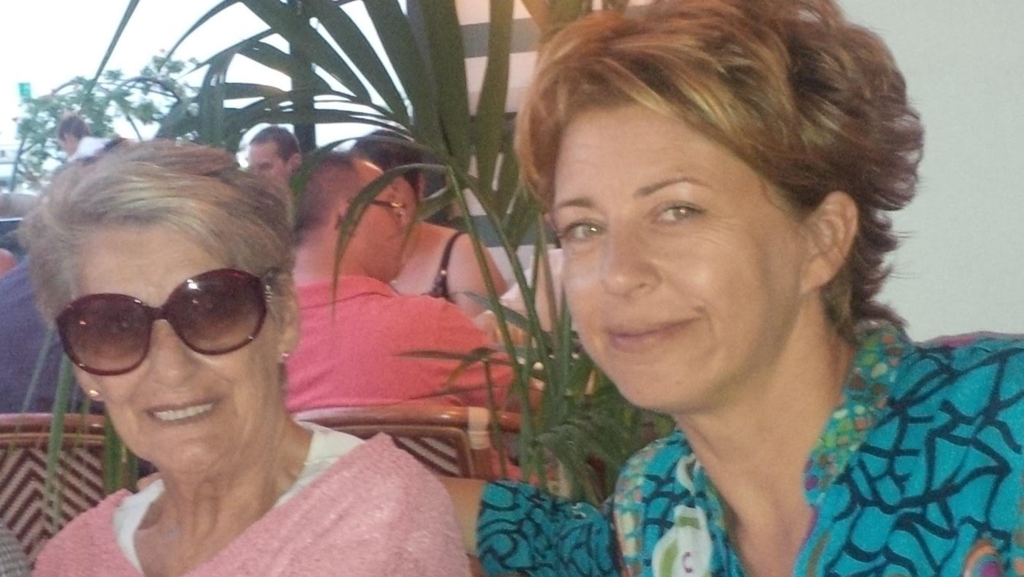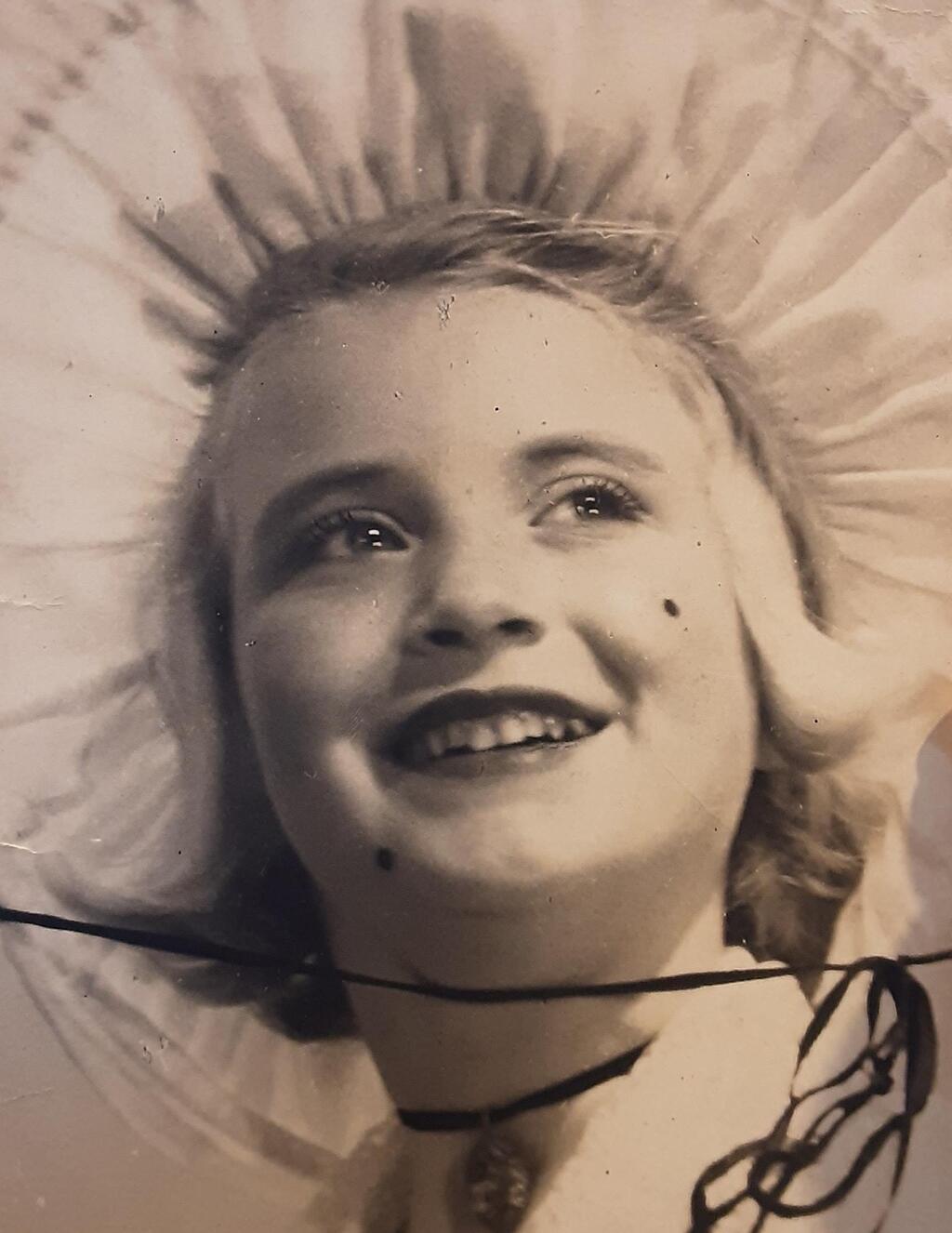Getting your Trinity Audio player ready...
For decades, Jewish American sisters Dena Morris, 72, and Jean Gerhart, 74, have searched for their elder sibling Eva who was torn away from their mother at the Auschwitz death camp.
Now, with the help of in-depth research by Israeli high-tech company MyHeritage, many of the questions that haunted the family for decades have been answered, including details about Eva's life after the Holocaust, and the years she lived in Israel.
6 View gallery
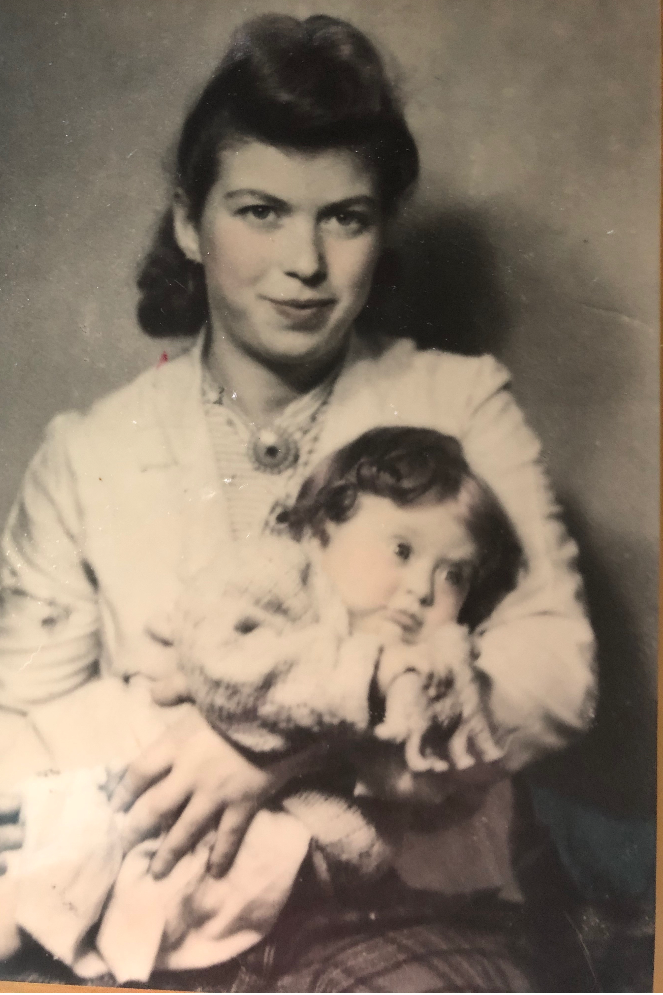

Dora Rapaport had just one photo of herself and her daughter Eva
(Photo: Courtesy of the family)
Dena and Jean grew up in Ohio in the United States in the shadow of a lost sister. While in many ways they had an idyllic childhood, they knew deep down that their mother Dora was very sad.
Some days, Dora would stay in bed the whole day and cry. There were also better days when Dora was happy, and Dena and Jean were careful not to say anything that might stir up thoughts about the past.
"There was an old picture," Dena recalls. "Sometimes my mother slept with it and sometimes it was placed face down simply because she was unable to even look at it."
In the photo taken in Poland in the early 1940s, Dora is holding her eldest daughter Eva.
Dora and two-year-old Eva were captured by the Nazis and sent to Auschwitz where they were separated. Dora survived, but she never saw her daughter again and the search for Eva preoccupied her for the rest of her life.
At the end of World War II, Dora was pregnant with Jean by a man whose identity is unknown. She was transferred to a displaced persons camp in the Austrian city of Steyr, where she met Lewis Rapaport.
The two fell in love in the midst of all the chaos, got married, and Lewis became Jean's father. Later the two had another daughter, Dena.
"In 1951, after a stay at the DP camp, my mother, father, sister and I, who was three at the time, immigrated to the United States," Dena said.
Dora never stopped searching for her lost daughter, often at the expense of her two other children.
"As a child, I did not fully understand the trauma that befell my mother and the obsession that gripped her to find Eva," Dena said.
"I remember times when my mother traveled alone to Europe to look for her. She simply went from one orphanage to another and begged the caregivers to let her in to see the girls' faces - maybe one of them would be her Eva. But every time she returned home, she was sad and broken. "
6 View gallery
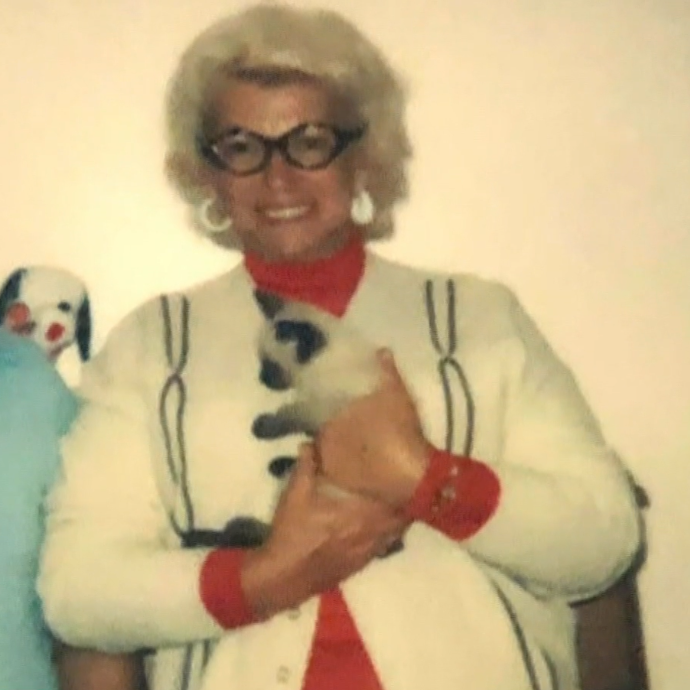

Dora Rapaport never stopped searching for her lost daughter
(Photo: Courtesy of the family)
Eventually Dena and Jean came to the conclusion that Eva did not survive the war. Approximately 1.3 million of the 1.5 million people who were sent to Auschwitz were murdered by the Nazis.
When they themselves became mothers, the two sisters better comprehended their mother's pain.
"When I embraced my children, I understood my mother's long searches and obsession. I even felt guilty for not understanding her well enough until that moment," Dena said.
Dora passed away in 1996 due to a brain tumor.
On her deathbed, she asked her daughters to continue searching for Eva after she was gone. Dena and Jean looked through online databases and approached several organizations for help in locating Eva, but to no avail.
Not giving up on their mission, Dena and Jean decided to use MyHeritage's DNA mapping program, which can trace lost relatives. A few weeks later, the test results showed they had a niece living in England.
Meanwhile, 52-year-old Claire Ray received an email from MyHeritage informing her that she had two aunts living in the U.S. - Dena and Jean.
"My mother's name was Hava and she passed away in 2014," Claire said in a phone call from the UK.
"The story that my mother knew all these years was that she somehow lost her mother in the Holocaust when she was a baby, but she didn't know her identity.
"After the war, Hava went to Israel at a very young age and was adopted by an immigrant couple from Belgium who eventually left the country and moved to England. This is where Hava grew up, got married and this is where I was born," Claire said.
"That's it, beyond that, we had almost no details," she said, adding that every time her mother tried to find out more details about her identity, she would hit a dead end because she did not even know her real name.
MyHeritage researchers made it their mission to find out as many details as possible in order to complete Eva's story.
Claire told researchers that as far as she knew, her mother Hava went to Israel in the late 1940s.
By examining hundreds of immigration records, the team was able to eventually put together Hava's story – from her arrival in Israel, through her years at an orphanage in Pardes Hanna to her adoption.
Finding one another after more than seven decades of searching, the coronavirus pandemic has prevented Claire, Dena and Jean from meeting face to face.
"It's been 75 years and I'm counting the days until we can meet in person," Claire said.
In the meantime, the three talk on Zoom every week, finally getting answers to the many questions that have always loomed large in their lives.
6 View gallery
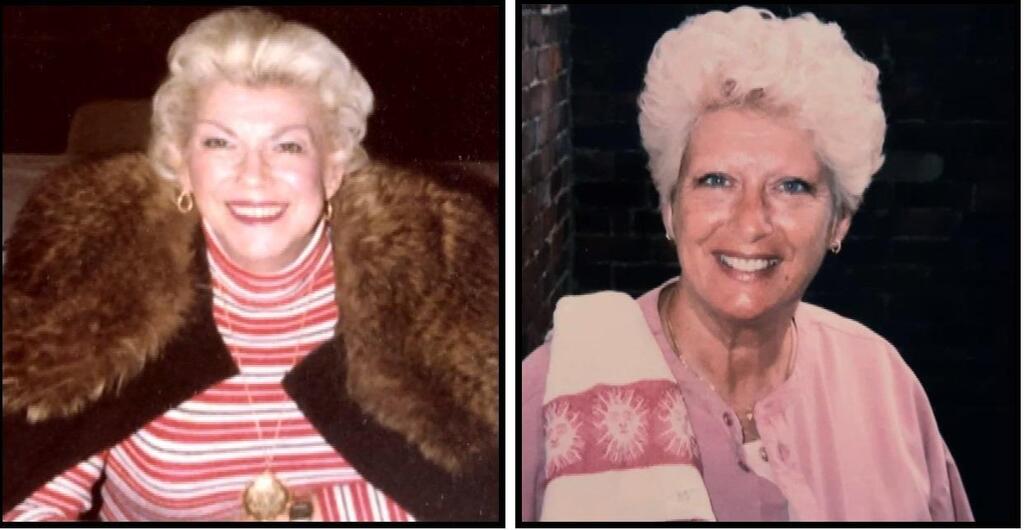

Dora, left, and her lost daughter Hava
(Photo: Arolsen Archives - International Center on Nazi Persecution)
Now that Dena and Jean have fulfilled their mother's dying wish, they hope she can find some peace.
"I hope they're both in heaven together," Dena says.
"And that they know," adds Claire.


